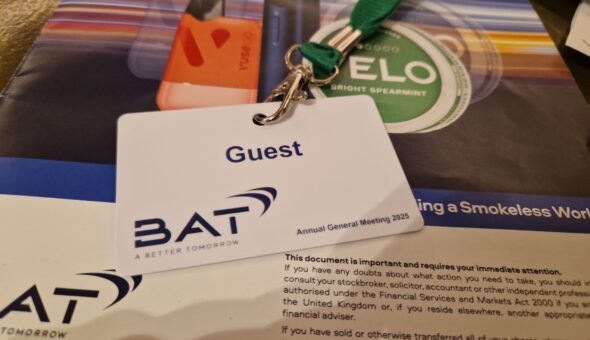Members of the Tobacco Control Research Group (TCRG) from the University of Bath joined some 2,000 journalists from across the world at the recent Global Investigative Journalism Conference.
Organised by the Global Investigative Journalism Network, it brings together a huge range of people looking at topics from war crimes to smuggling, corruption to corporate misbehaviour.
Across three days there were practical sessions on skills such as following laundered money trails, tracking planes and ships as well as how to tell stories differently and collect data in new and innovative ways that journalists don’t always consider.
Early on TCRG and its knowledge exchange platform Tobacco Tactics got a shout out at a session on health reporting. Stephane Horel from Le Monde spoke on the importance of journalists and academics sharing expertise and knowledge and the Bath team was highlighted as model of good practice.
Horel has looked at pesticide and chemical industries, food corporations and tobacco lobbying.
“What they have in common is they fight what is considered, to them, uncomfortable knowledge.” She told delegates. “The way [they] do this is by highlighting uncertainty, minimizing the evidence, and attacking and undermining scientists.”
Also speaking at that session was Fabiola Torres from Salud con lupa based in Peru which covers public health in Latin America. She explained its investigation A Hidden Poison On My Plate which looked at dangerous pesticides on supermarket fruit and vegetables.
Jasmin Papri from Bangladesh introduced people to her investigation into the health risks of washing menstrual cloths in saltwater. An example of where climate change is bringing new health risks.
TCRG’s staff made contact with numerous correspondents in different countries who could look at tobacco stories. And they learned lots about different techniques to gather information ethically and responsibly.
It was astonishing to see the range of stories and the dedication of those who brought them to publication. The GIJN’s Global Shining Light Awards, honouring the best of investigative journalism, attracted a record 419 applications from 84 countries.
The risks should not be underestimated. One of the winning stories was for a group who revealed a secret detention centre in Bangladesh holding dissidents and criminal suspects. Four of the journalists who worked on that could not be named for security reasons. The security and bag searches at the event in Gothenburg suddenly did not seem so out of place.
As David Kaplan, outgoing executive director of the GIJN, said: “What these impressive projects show is that not only is investigative journalism refusing to go away – we are growing and shining more light in some of the world’s toughest places.”
(Featured image is from a session during the conference on Freedom of Information. The picture is of South Korean journalists and the boxes of information they extracted from the government.)



